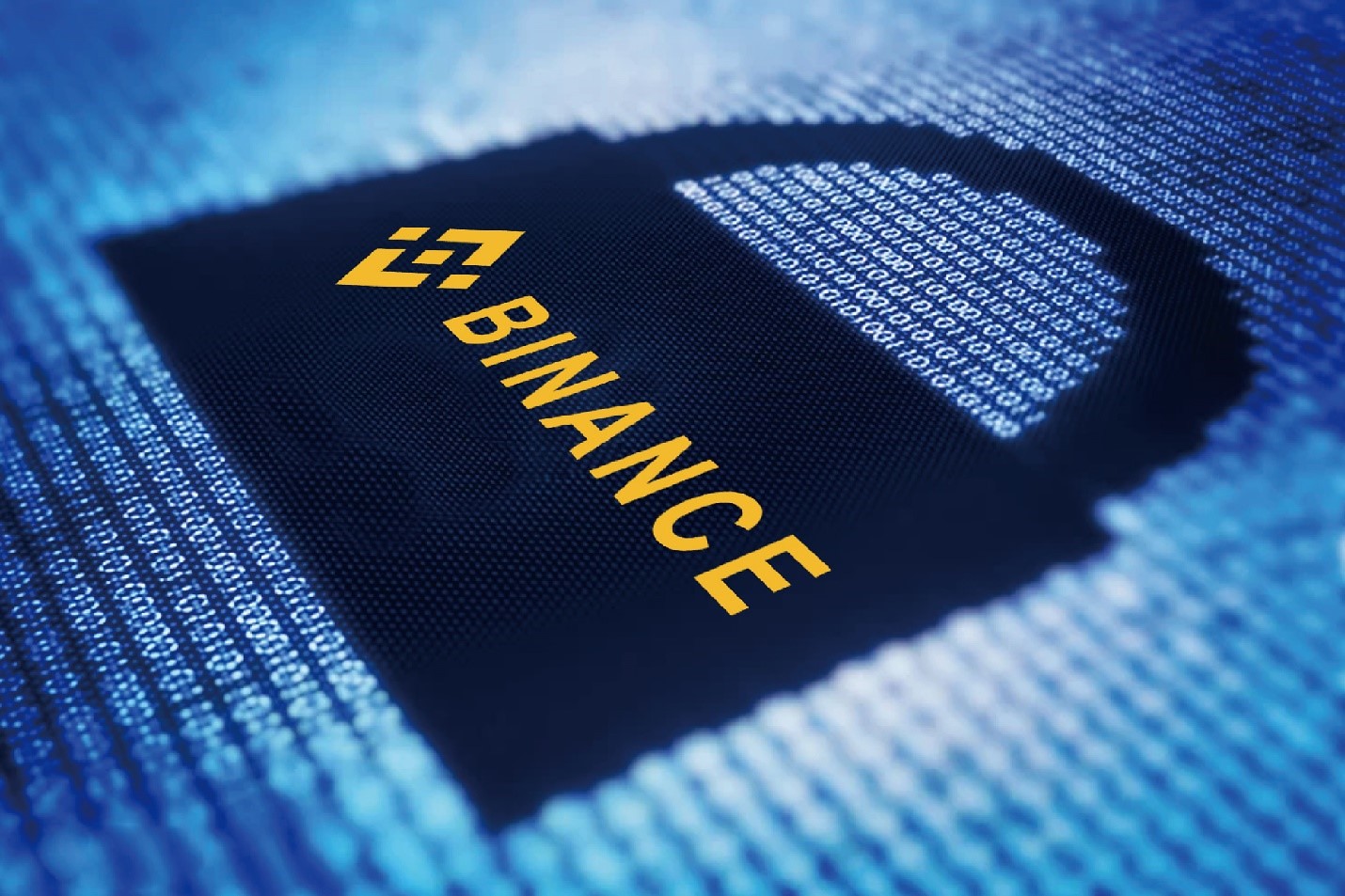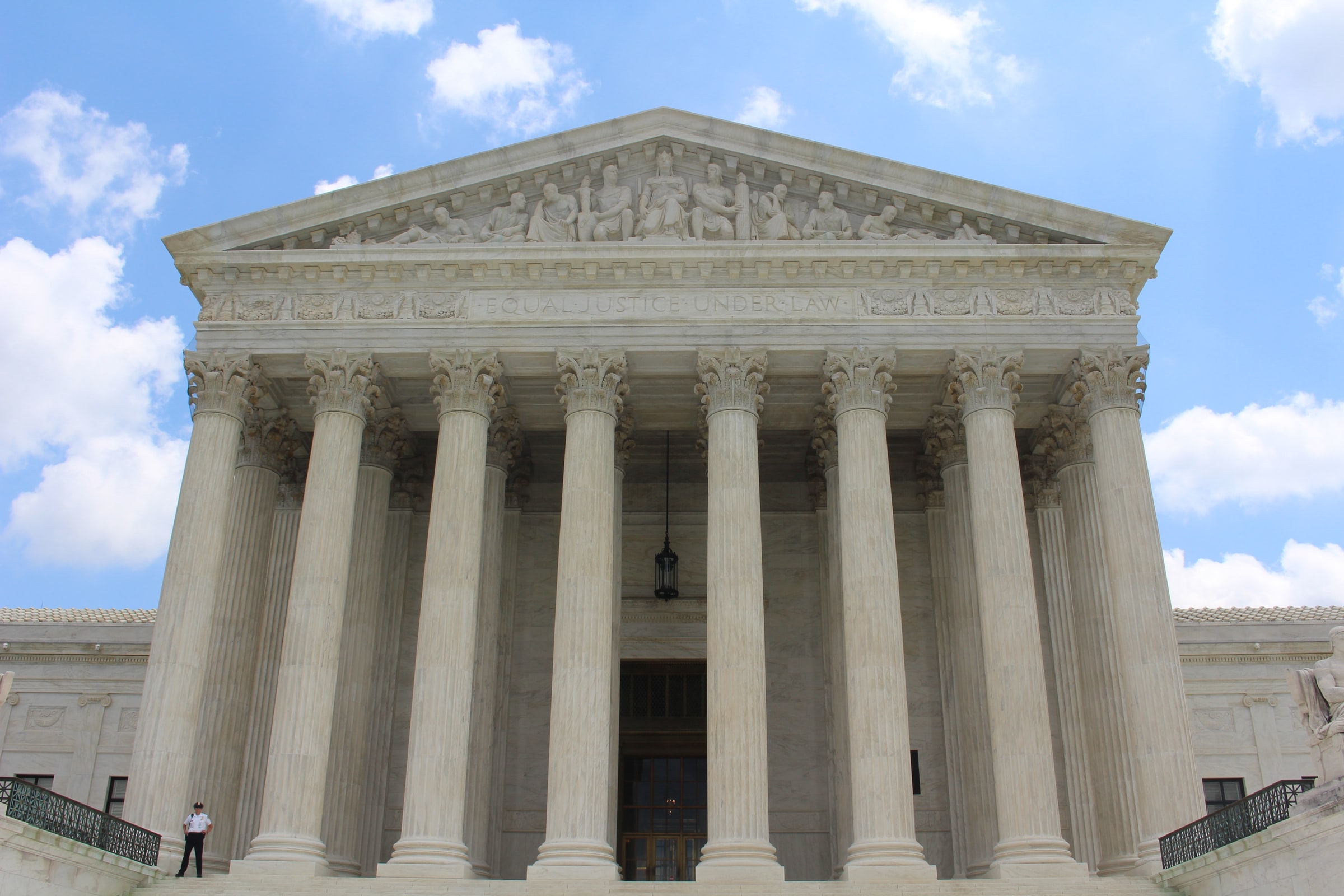Last week, a vote was won to pass bill 649 that allows financial institutions in Nebraska to operate depository businesses for digital assets. Nebraska will provide “charter, operation, supervision, and regulation” for these financial institutions.
Sworn just in January, Republican Senator Mike Flood quickly introduced the bill named Adopt the Nebraska Financial Innovation Act and provisions for controllable electronic records under the Uniform Commercial Code to the state’s 107th Legislature.
This bill aims to:
[…] authorize digital asset depository entities and provide for the charter, operation, supervision, and regulation of such entities; to transfer funds; to adopt Uniform Commercial Code provisions on controllable electronic records; to harmonize provisions; to provide operative dates […]
Nebraska Financial Innovation Act
This means that depository businesses will be able to operate with supervision and regulation in the state of Nebraska. Under the terms of the Act, these institutions can be chartered in the United States or by a foreign state agency. While crypto custody was already permitted for federally chartered banks in the United States last July, the Nebraska Act will extend these rights to institutions chartered at a state level.
The broader goal of the bill seems to be towards making Nebraska a hub for financial technology. Through allowing financial institutions to get their feet wet in crypto, it may lead to innovative new financial products and services based on blockchain technology while providing a service to the people of Nebraska.
As part of our Growing Together effort, one of the things that we need to do is create high-paying, high-skilled jobs. We also need to create jobs that bring wealth into the community,
Senator Mike Flood
Telcoin Blockchain Used
According to the press release by Telcoin (TEL), a blockchain-based fintech company aligned with telecom and mobile industries at a global level, they have assisted in the drafting of the bill as they want to bring their digital asset-backed financial services to U.S. customers.
Institutions under this new charter will use blockchain technology to empower users to self-custody digital assets and put their money to work for their own benefit.
Paul Neuner, Telcoin CEO












